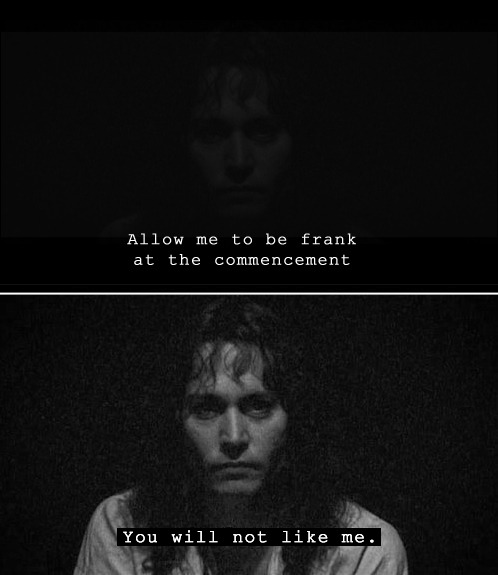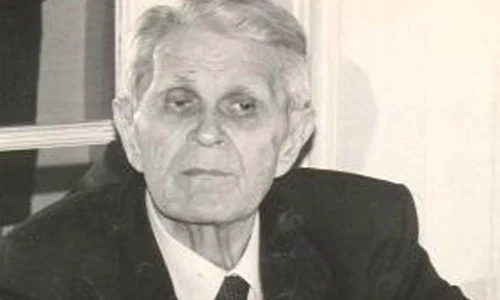
Johnny Depp as The Libertine - You will not like me
Allow me to be frank at the commencement. You will not like me. The gentlemen will be envious and the ladies will be repelled. You will not like me now and you will like me a good deal less as we go on.This is the viewers’ introduction to the 2004-Laurence Dunmore directed-movie and to Johnny Depp’s character, The Libertine. Jon Wilmot, the second Earl of Rochester, who, by the way, was a real, living person is The Libertine. A man so enamoured with freedom and breaking the rules of his era that he died for them. Embarrassingly enough, he did not pass away, because of a battle wound, but because of the syphilis which his lecherous behaviour brought about.
With his exquisite performing qualities, Depp creates a very interesting, intense, arrogant, sarcastic, dramatic and indulgent character, very much like the 17thcentury poet who inspired the play and the screen adaptation:a man who was not afraid to stand his ground and to be at his most extreme self. John Wilmot was the person every man wanted to be and every woman wanted to be with. Yet, there was a great difference between them and Wilmot which, in the end, brought about both the envy of his peers and his fall:he was not afraid. He was the man who could not be tied down, he could not be put in a position to risk something, because he had nothing, but his inconvenient self:I wish to be moved. I cannot feel in life. I must have others do it for me in theater.Interestingly enough, there was something which was of highest importance to him-the theatre is my drug, and my illness is so far advanced that my physic must be of the highest quality.
Any experiment of interest in life will be carried out at your own expense. Mark it well.
All men would be cowards if they only had the courage.
Ironically, culture was his drug. Not a “thing” which can be stolen or taken away, isn’t it? Even if the king forbade him to perform or to write, he was still able to help the others do it. Thus, Wilmot chose to be Elizabeth Barry’s (character played by Samantha Morton) mentor, in order to open the door for women who wished to become actresses in a male-dominated theater and age. But that is why he was nicknamed the Libertine, isn’t it? Because he was free in every way the others were not, because he knew there was something more, beyond the puritanical norms of his century and that was the free, unrestricted and uninhibited ego. However, Depp took it to another level. His character was so extreme in his freedom hat he scared his peers, shocked even the King Charles II which, along with his illness, brought about his exile. But retrospectively, people who respected the rules and the status-quo had never made revolution or change possible, yet Wilmot paid the heaviest price for his desire to change the world:he could not be a part of it.
I am the cynic of our golden age. This bounteous dish, which our great Charles and our great God have more or less in equal measure placed before us, sets my teeth permanently on edge. Life has no purpose. It is everywhere undone by arbitrariness. I do this and it matters not a jot if I do the opposite. But in the playhouse every action, good or bad, has it's consequences. Drop a handkerchief and it will return to smother you.

In a similar vein as Heath Ledger’s character in the Dark Knight, the Libertine was one of those men who aren't looking for anything logical, like money. They can't be bought, bullied, reasoned or negotiated with. Some men just want to watch the world burn.Yet, Wilmot wished death to the ideas, the mentalities which caused the appearance of the 17th century puritanical society and with his insolence and disobedience, he wanted to be the seed of destruction of the old world. The Libertine was ambitious enough to believe he could do away with prejudice and tradition just by the power of his example which intrigued and seduced women and was, of course, hated by men.
Mrs. Barry, you must acquire the trick of ignoring those who do not like you. In my experience, those who do not like you fall into two categories: The stupid and the envious. The stupid will like you in five years time. The envious, never.
But, as with everything, too much of a good thing can make you sick. For the Libertine, too much freedom was not redemption, but death. Since medicine was not as advanced as it is nowadays, his syphilis was not cured and his lust could not be quenched. Wilmot led the life he envisioned for himself, however, his erratic and over-the-top personality could not put a break on his excesses, but only add to them. To his mind, freedom translated into excess which, ironically, was the seed of his own downfall. Isn’t it scary that we carry in ourselves the seed of our own destruction? That what we love the most, our passion can consume us so much that we live on the edge and risk losing our lives because of it?
I don't mean to upset people, but I must speak my mind. For what's in my mind is far more interesting than what's outside my mind.
Yet, his death only signifies that he, in all probability, was still human just like the rest of his peers and that no matter how much he ignored the limits of his humanity, they were still there to remind him of his mortality. Johnny Depp wonderfully mastered the art of portraying his characters as people who live on the edge and who are not afraid to risk everything, in order to lead their life by their own rules. Tragically, he was unable to challenge his mortality and thus, passed away consumed by the thought of being free.

That is it. That is my prologue, nothing in rhyme, no protestations of modesty, you were not expecting that I hope. I am John Wilmot, Second Earl of Rochester and I do not want you to like me.Yet, after he passed away, the epilogue ends with Depp’s less-than-arrogant utterances, very much unlike his “living” self: Do you like me now?Did he somehow realise, in death, that living recklessly may not actually change the world?
Wilmot's wife: I don't want you to die! I want you to live and live differently!















